Startup Stories: WelcoMe founder Gavin Neate talks inspiration, challenges, investors and Rudyard Kipling
RTIH gets the lowdown on WelcoMe from founder Gavin Neate. Currys recently became the first tech retailer to partner with WelcoMe, with the aim of improving the shopping experience for customers with disabilities.
RTIH: Tell us about yourself and WelcoMe
GN: I’m 54 years old and non disabled. I am not what you would call a reluctant entrepreneur, more an accidental one.
Throughout my life I have had what many would have called an innovative mindset, however, never having felt that I could bring this to bear nor having any mentorship figures in my life encouraging me to embrace it, I had never really explored what this might mean or how I could make the most of it.
Over my 18 years working as a Mobility Instructor with Guide Dogs for the Blind though I was becoming increasingly aware of aspects of my clients lives that I felt needed to be addressed and felt strongly that if I didn’t create solutions they might never be addressed.
This spurred me into action and in 2012 whilst still employed by Guide Dogs, I started my own technology company. In 2015 having realised that I could not maintain a career with Guide Dogs and deliver on my assistive tech aspirations at the same time I left what I considered my dream job to focus on my company and its solutions.
WelcoMe was the main focus of this and alongside my colleague, Allan Hutcheon, we launched its first iteration in November 2018. The platform was truly innovative and recognised as the first of its kind has gone on to win numerous awards including
The National Diversity Award for Business, The Zero Project Award, and The World Summit Award for the Inclusion & Empowerment of Disabled People.
RTIH: What was the inspiration behind setting the company up?
GN: As a Mobility Instructor my job was to train blind and visually impaired clients how to get the most from their new guide dogs and in doing so support their journey into independence.
This aspect of the job can be split into, what happens out on the street ie the safety of the team, their ability to deal with the orientation and mobility challenges they face, and also how to interact with a society where there is often little or no understanding of disability.
These societally based challenges were most prevalent in customer service interactions, be that in banks, hospitals, restaurants, leisure centres etc, where a lack of disability awareness training often led to discrimination or at the least frustration on the part of the disabled person.
As part of my day to day work I understood that, when visiting a venue or business, if I had the chance to talk to the staff member immediately before my clients arrival, I could provide them with useful disability related information.
It worked really well as providing this training in the moment ensured that the staff member was better prepared to meet the specific needs of their visitor.
This “solution” was of course impossible to maintain as the following day my client, working without support would meet staff members who hadn’t received any training.
However, in 2007 one of my clients was demonstrating the accessibility functionality of their new iPhone and I quickly realised that if I could set up a communication platform between visitor and venue using the smart technology as a base I could allow a staff training and awareness interaction to occur.
My focus became the creation of a tool that could provide this training in advance of a face to face interaction.
RTIH: What has been the industry reaction thus far?
GN: It will come as no surprise that it took time to build awareness of the service. Indeed I found on many occasions the words of Henry Ford became very relevant.
When asked about peoples attitude towards the relatively new invention, the car, he said, “If I had asked them what they had wanted, they would have said, faster horses”.
I found a similar reaction to WelcoMe with responses like “but we already provide great customer service” and “but we don’t have disabled customers”.
To adopt an innovation you must know that there is a reason to do so and also understand that you could benefit from doing so. This meant that much of what we were doing initially, aside from developing the platform, was educating businesses as to what was possible and why it was needed.
We were not working in a vacuum though. Society was waking up to diversity, equity and inclusion and more and more studies were underlining the importance of ensuring that all demographics were catered for in commerce, employment and service provision.
Where initially we were talking to HR and Facilities managers increasingly we were speaking with DEI leads and C Level Management keen to improve their commercial reach and image.
At the same time studies were revealing the enormity of the market and coining the phrase “The Purple Pound”, highlighting the fact that in the UK alone the annual spend by the countries 16.2 million disabled people was upwards of £274 billion and over $8 trillion for the 1.3 billion worldwide.
WelcoMe was becoming more popular and every successful sale led to a growing interest in our solution which led to less “cold calling” and education and more and more direct sales.
At time of writing we have over 200 venues offering WelcoMe across the UK and Republic of Ireland, including launches with Currys, Levi’s, The Scottish Parliament, NorthLink Ferries, Westfield Shopping and Irish Rail but also including museums, art galleries, restaurants, leisure centres, libraries and anywhere where customer service or face to face interactions are likely or sought after.
RTIH: What has been your biggest challenge/setback?
GN: This is a difficult question to answer as every day there are setbacks and challenges.
The greatest challenge I have found is internal. It is the belief that even when others don’t appear to understand what you are doing, that it is purely as you have not explained it in a way that they can understand.
It is, however, when you come to terms that no matter what you face, be it success or what initially feels like failure that you are never either down for long or up for long so it is better to just maintain belief in your mission and to keep moving forward.
Rudyard Kipling’s poem, “If”, sums this up perfectly:
“If you can keep your head when all about you
Are losing theirs and blaming it on you;
If you can trust yourself when all men doubt you,
But make allowance for their doubting too;
If you can wait and not be tired by waiting,
Or, being lied about, don’t deal in lies,
Or, being hated, don’t give way to hating,
And yet don’t look too good, nor talk too wise;
If you can dream—and not make dreams your master;
If you can think—and not make thoughts your aim;
If you can meet with triumph and disaster
And treat those two impostors just the same..”
RTIH: What are the biggest challenges facing omnichannel retailers right now?
GN: Another super question and one I don’t feel I can answer on behalf of anyone else.
I can say that when your dreams are big it is the scale that is difficult to comprehend and that much like humankind exploring the universe we do so my imagining the smaller steps whilst allowing ourselves to dream occasionally of the bigger ones.
For us it is about the challenges we face day on day whilst knowing that every one of these incremental victory’s or learning points enables us to move closer to the ultimate vision.
From a client’s perspective we understand that disability inclusion is only one aspect of their service provision and that although WelcoMe is massively important to us that they will have many priorities drawing on their overall focus.
We understand it is important to allow them space to breath and in the meantime do our best to address the challenges they are facing so that they don’t have to work hard to deliver on their DEI aspirations.
RTIH: What's the best question about your company or the market asked of you recently by a.) an investor and b.) a customer?
GN: Investors didn’t get what we were doing initially and this led to their investing in the belief that we did.
These early investors were massively important and gave us the time we needed to prove the concept through quality development and sales. The best question is one that is always repeated. “What is it and why do we need it?”
The more we answered this the easier it became to explain exactly what WelcoMe was and why we felt it was going to make such a massive impact.
This was highlighted recently by a client who rather than asking us a question made a statement. “This is going to change everything for everyone!” We could not agree more.
RTIH: What can we expect to see from WelcoMe during 2024 and beyond?
GN: WelcoMe is in a period of growth with a greater number of potential clients coming to us because they have heard of others using our service.
With recent very public launches we have received an increase in interest from companies around the UK but also overseas and it is becoming clear to us that scale and growth must be a focus over the coming months.
Every day is a challenge but considering the scale of the market and the potential for WelcoMe there is only one way to deliver on this without being over awed and that is one step and one day at a time.









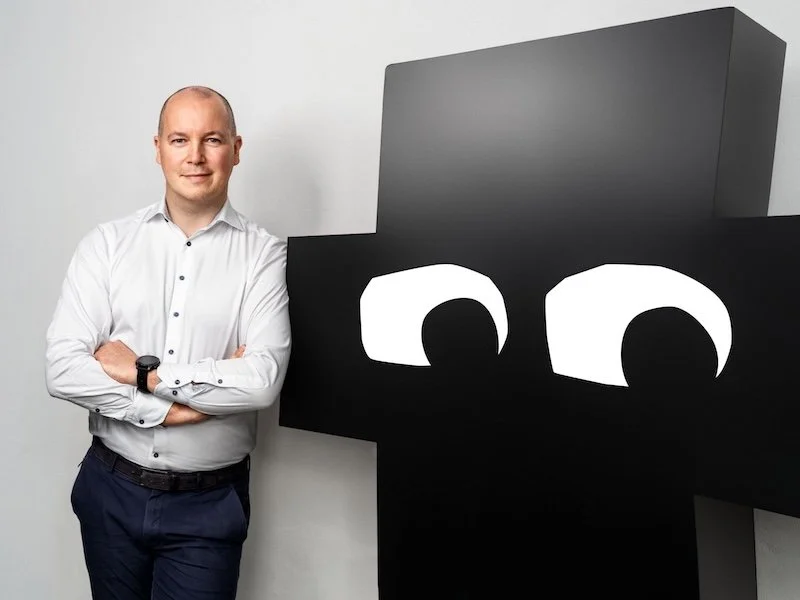

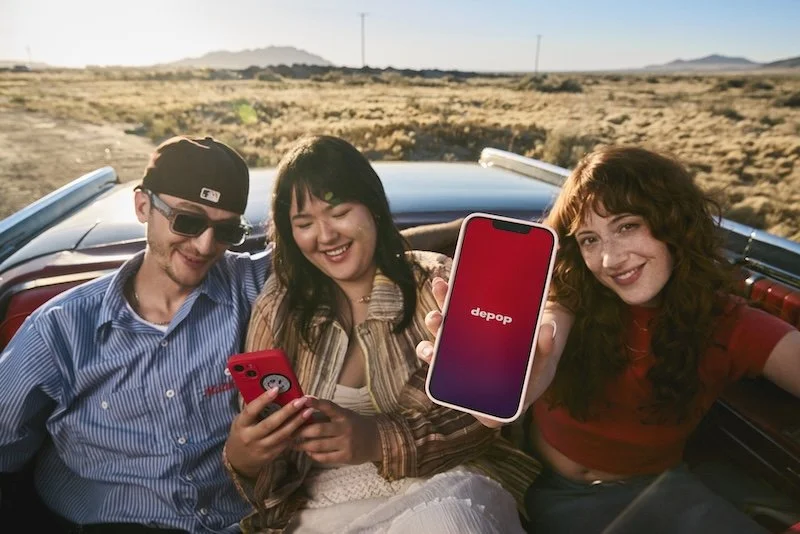
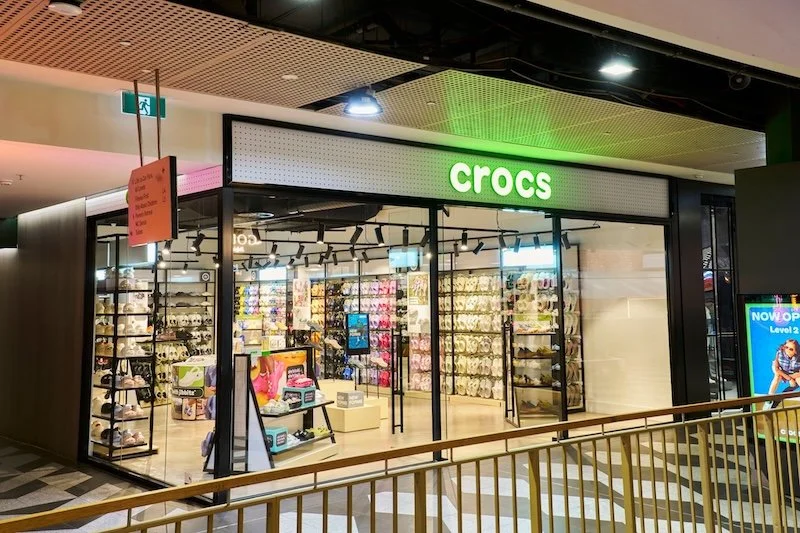
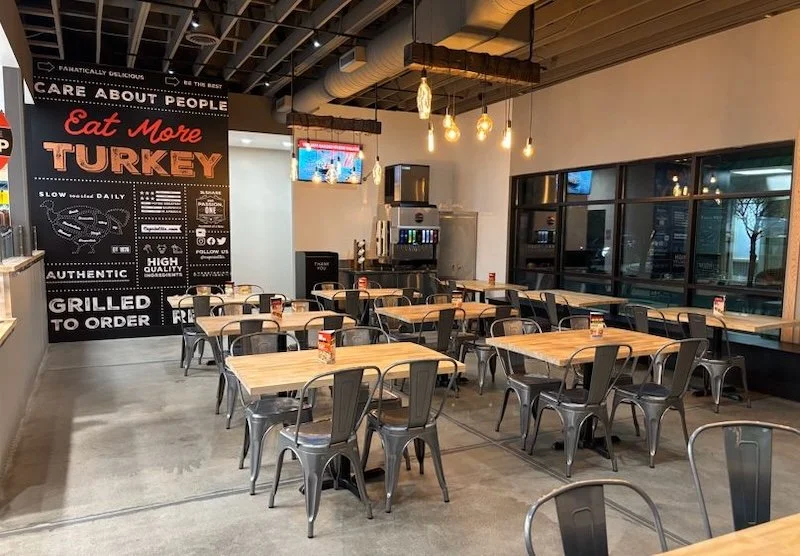
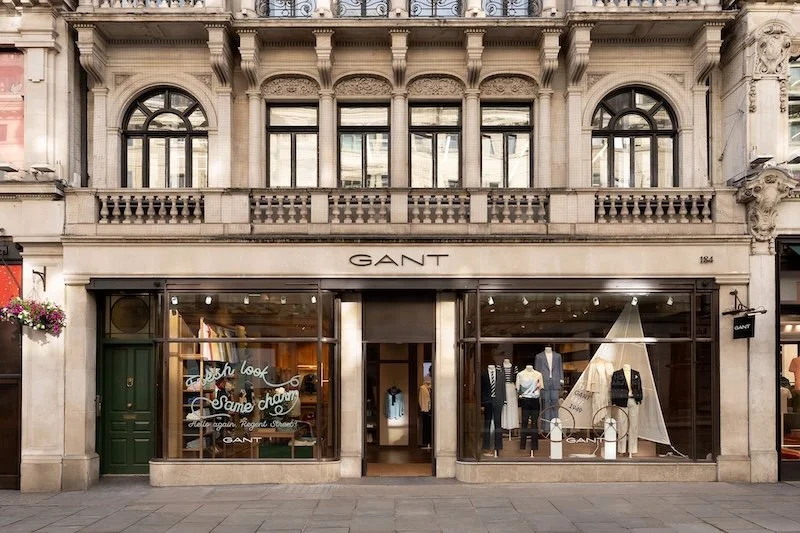
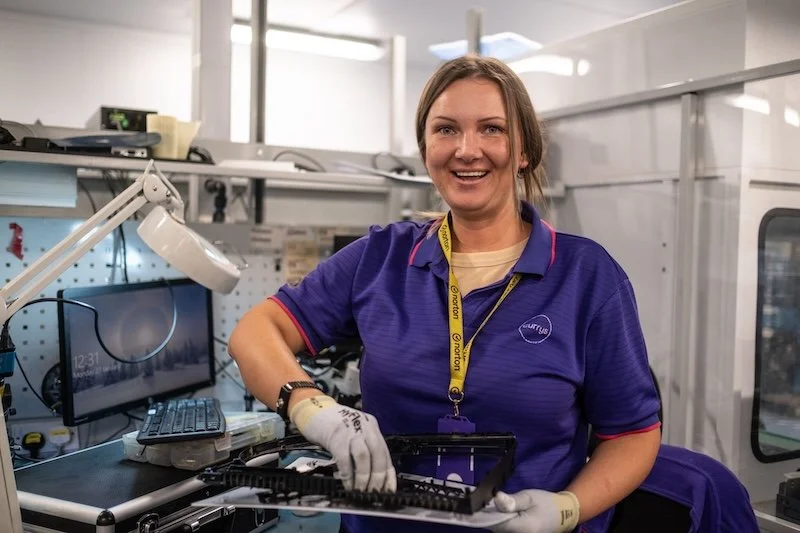
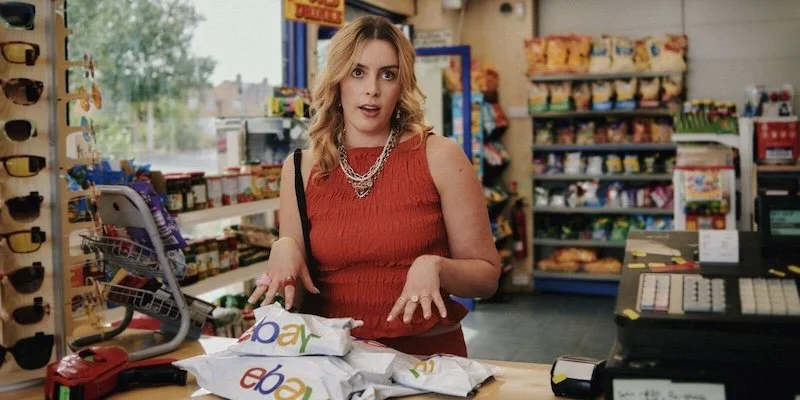
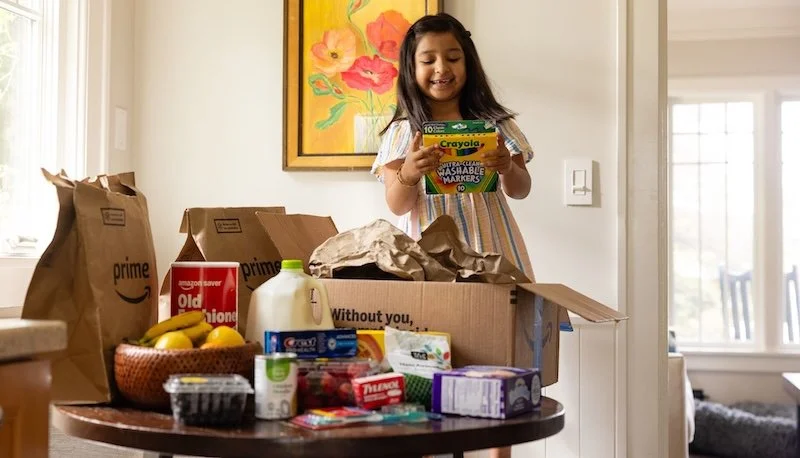

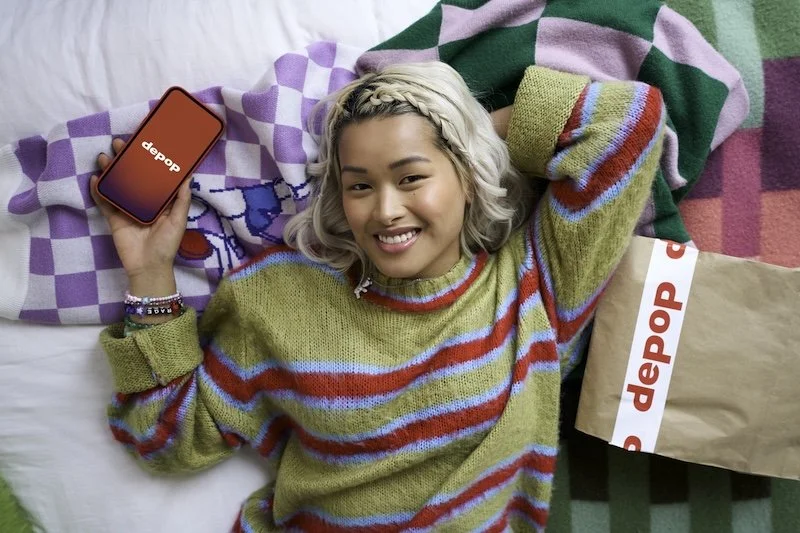
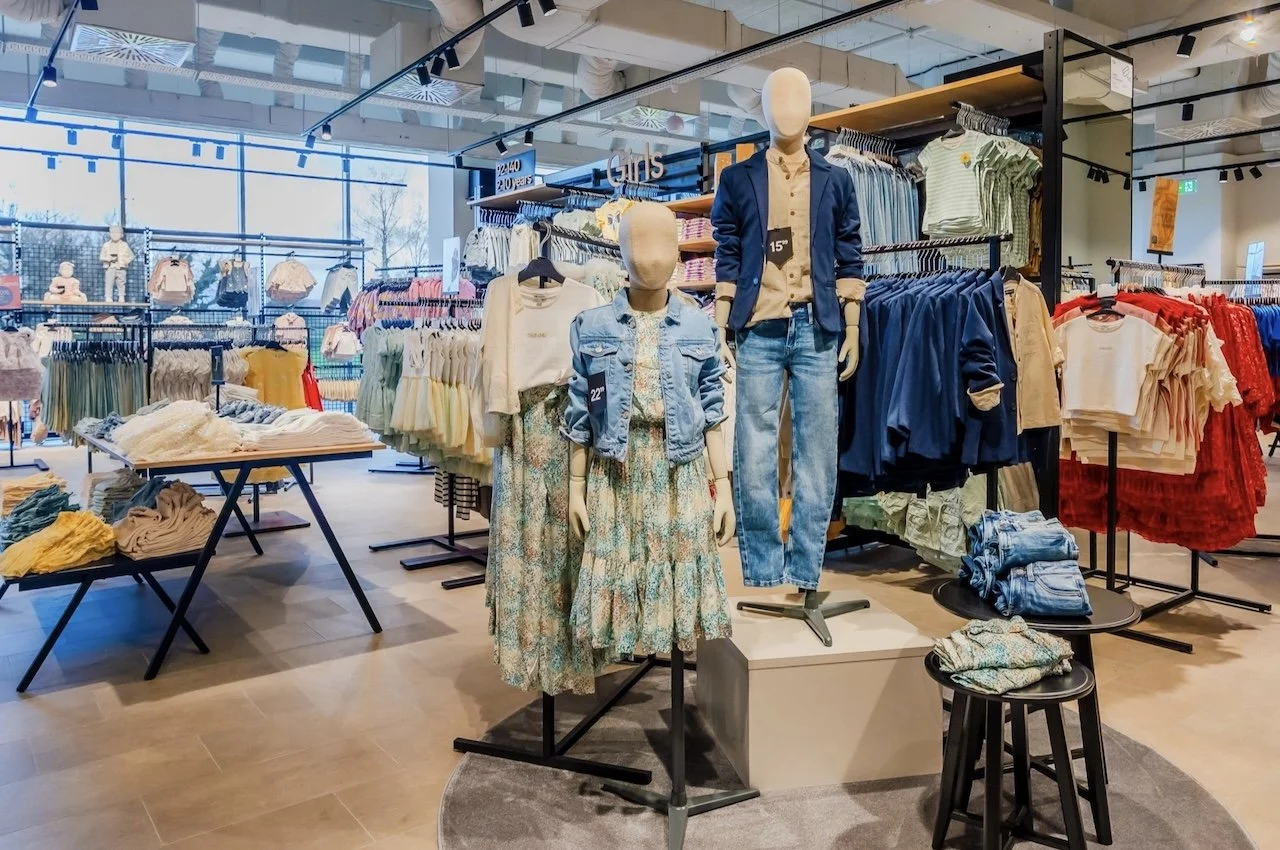
Continue reading…